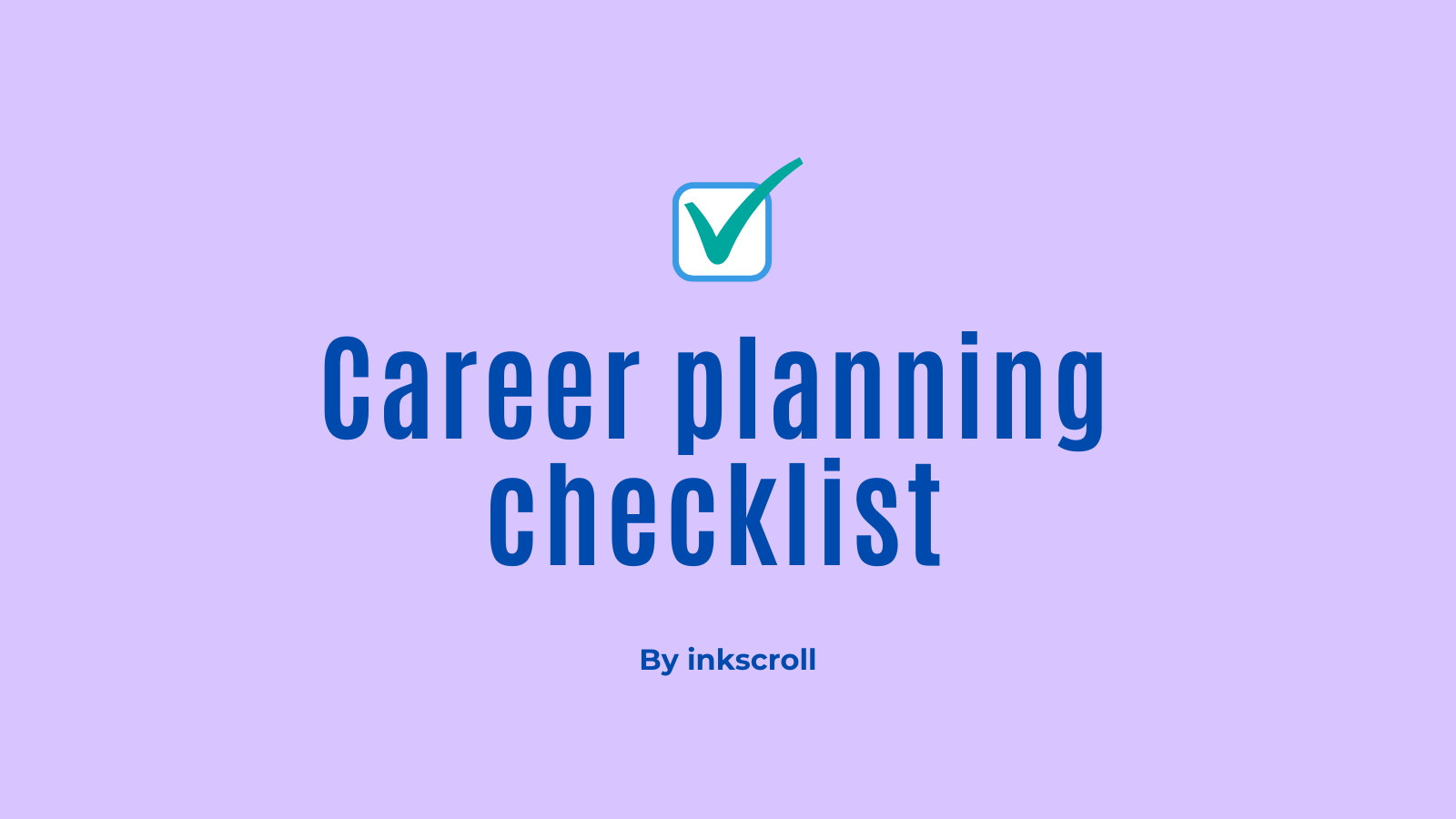Planning your career can be daunting that’s why we created this Career Planning Checklist! It’s more manageable taking it in steps and asking yourself a series of questions to try to find the set of answers that you’re happy with – that also reflect your values. Before diving in and applying to as many jobs as possible, first work out what it is you want to do and then make a plan and action it. Quality over quantity every time. If you’re looking to change careers, changing jobs and industries at the same time can be rather overwhelming but it is of course possible with great planning and execution.
Career Planning Before You Change Jobs
- Invest in yourself
- Get clarity
- Create an action plan
- Focus your energy on the task
- Understand your strengths
- Ignite that passion
- Know your boundaries/limits
- Manage and improve relationships
- Leverage your connections
- get rid of blocks, fears and insecurities
Self-Awareness and Exploration
- What are your motivations for working?
- What are your professional goals?
- Short-term (1-3 years)?
- Long-term (3+ years)?
- Why are you looking to embark on a new career now?
- Are your reasons more positive (you have ambitions) than negative (you’re running away)?
- What factor or factors caused you to make this decision?
- What satisfaction do you seek that you haven’t found in your current position/career?
- Is a single issue or event pushing or encouraging you to make this change, or has the situation been building up for a while?
- How long have you seriously considered making a change?
- Is the company you are currently working for the cause of the change?
- Have you explored your options to a complete career change? e.g. flexible working or taking a different job in the same company?
- What do you like about your current position/career?
- The people – colleagues and friends
- Your responsibilities
- The workplace environment
- What don’t you like or would you like to change?
- Are you looking for intangible benefits from the move?
- Do you know what your skills are?
- Do you know what your values are?
- Have you carried out a personal SWOT analysis on yourself? SWOT stands for strengths, weaknesses, opportunities and threats.
- Are your skills a good match for the career you’d like to have?
- Have you researched the job or career you’d like to have?
- What are the future opportunities in your new career?
Goal Setting
- Have you established career planning goals with specific action items for accomplishing your career change?
- Where do you want to be in 1 years’ time?
- 3 years’ time?
- 5 years’ time?
- Have you explored what support you need in an employer and work environment, not just in a new career?
- Are you prepared to create a timeline with weekly steps leading up to the change and beyond to help you achieve your goals?
Action Steps
- How can you make the career planning change happen?
- Do you take the plunge
- Do you take it in steps by moonlighting or shadowing someone?
- Do you work on a specific project or contract?
- Are you continuing to track trends that affect your career fields of interest and develop a system to stay in the loop:
- Join one or many professional associations
- Read the latest via media (websites, newspapers, libraries) and influential people in the industry
Risk Taking
- What is your history with taking risks when career planning?
- What internal barriers (procrastination, fear of failure, fear of success, lack of motivation, lack of information) might inhibit your risk-taking?
- What external barriers do you anticipate in making a career change and what are your plans for overcoming them?
- What do you have to lose by exploring other opportunities?
- What do you have to lose by not making a change?
Support Systems
- Who are your sources of support (friends, family members, support group)?
- Who will be affected by this career change?
- Have you thought through how the career change will affect your personal life?
- Is your partner or your family on board?
- Whom do you seek for advice or consultation?
- Have you already started to put feelers out, via networking, for example, to explore your chances of a successful move?
Additional Considerations
- On the financial side, are you prepared for a drop in salary if that’s what it takes?
- Do you have enough money to cover your costs for approximately six months – just in case your career change takes longer than you think?
- What additional training and education will you need to make this career change?
- Do some research, check out inkscroll.com for qualifications information
- Do you have the time and money for re-training?
- Are you prepared both emotionally and financially for a period of transition even after you have made the change?
The Don’t List
- Don’t make a knee-jerk decision
- Don’t burn bridges with your current organisation
- Don’t be seduced by success stories in the papers – PR never tells the other side of the story

